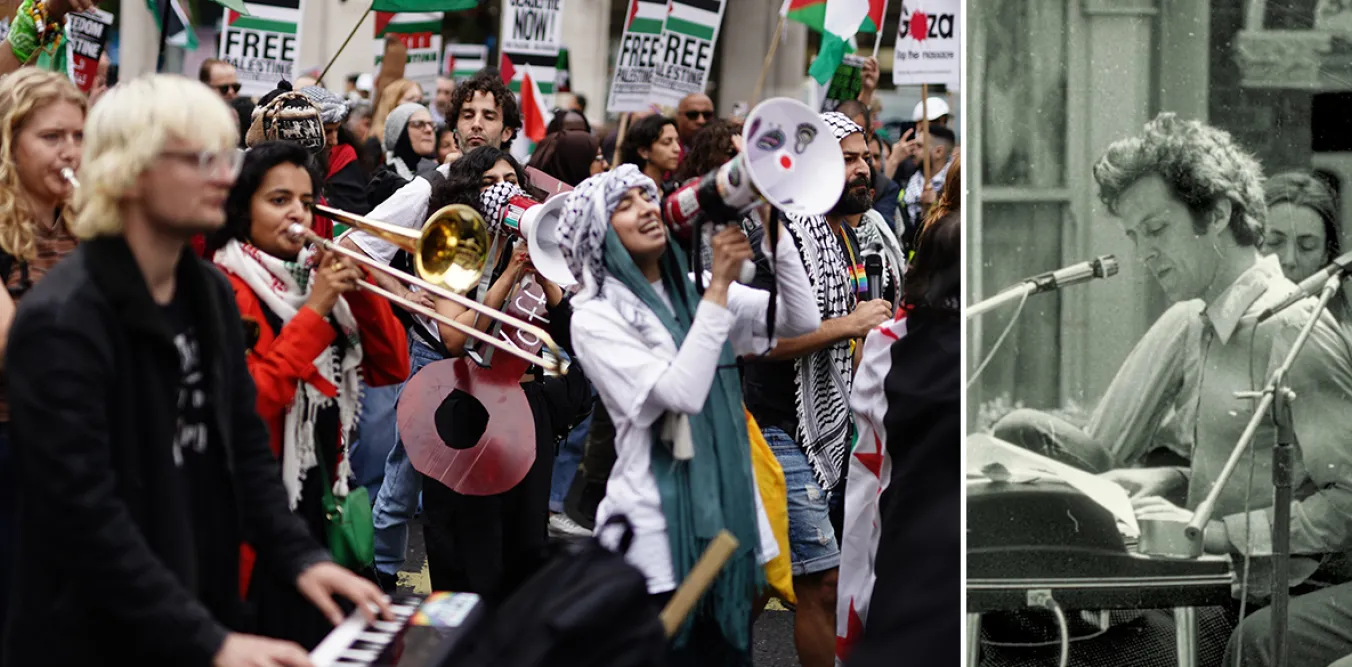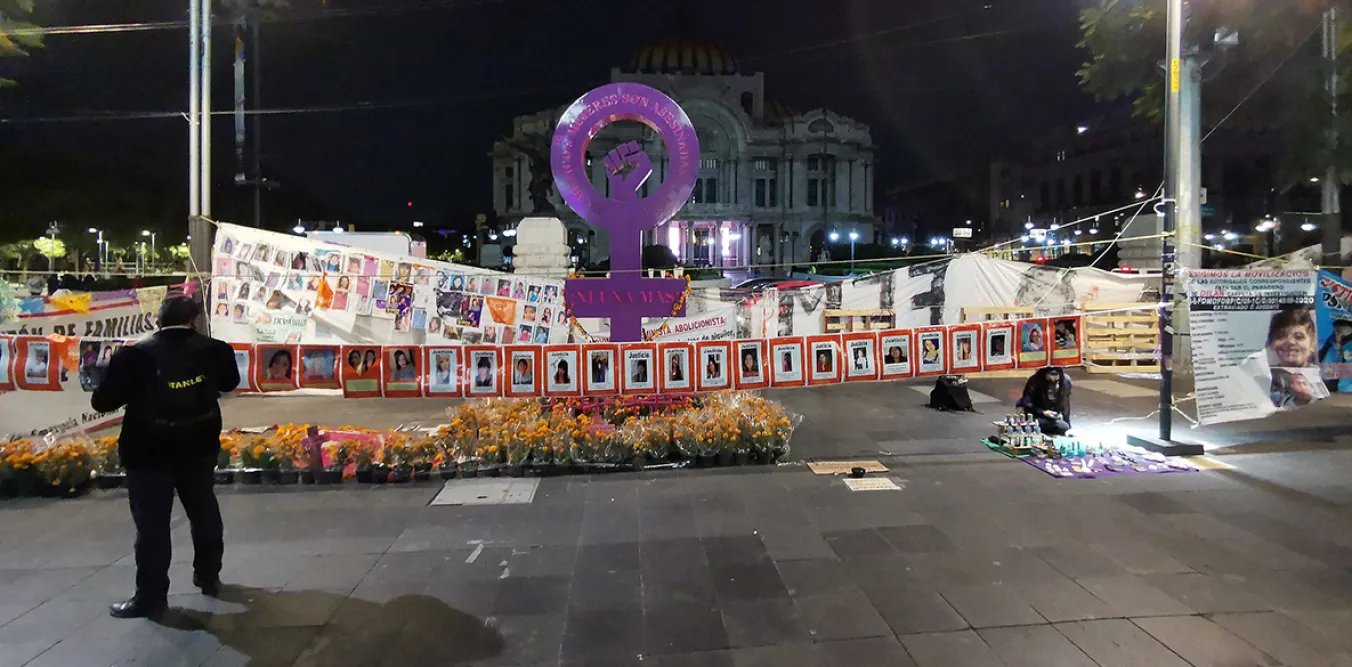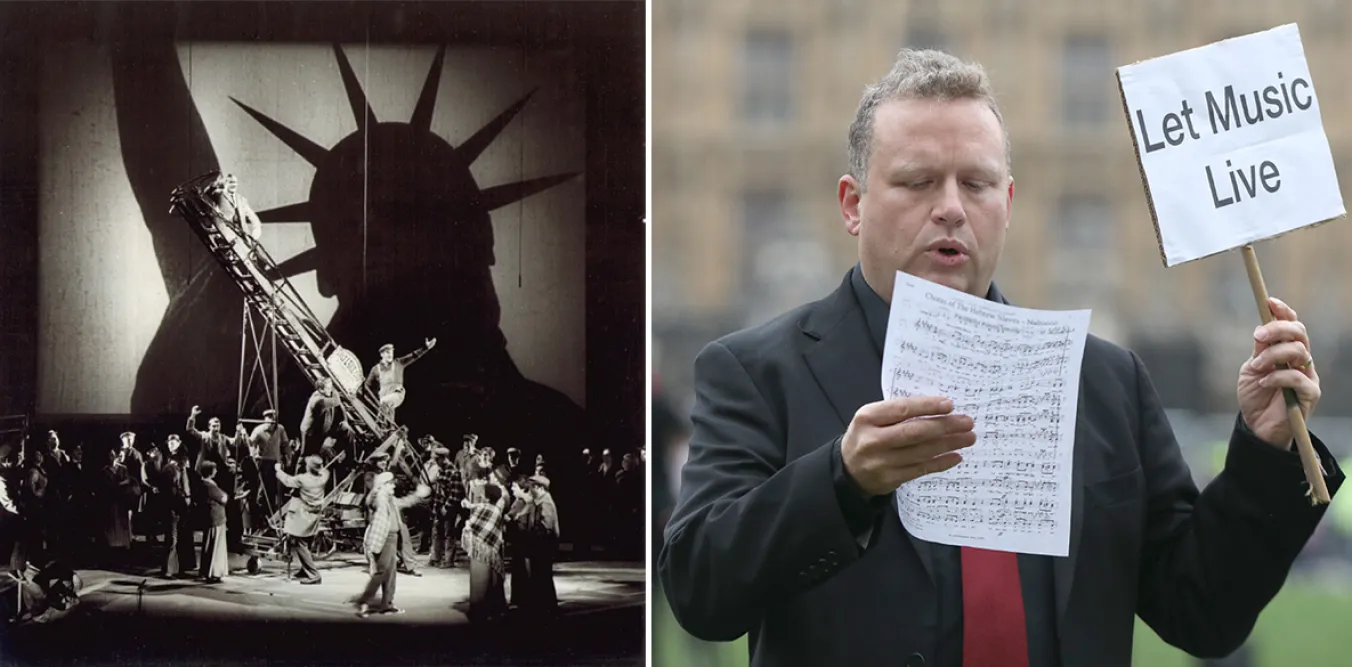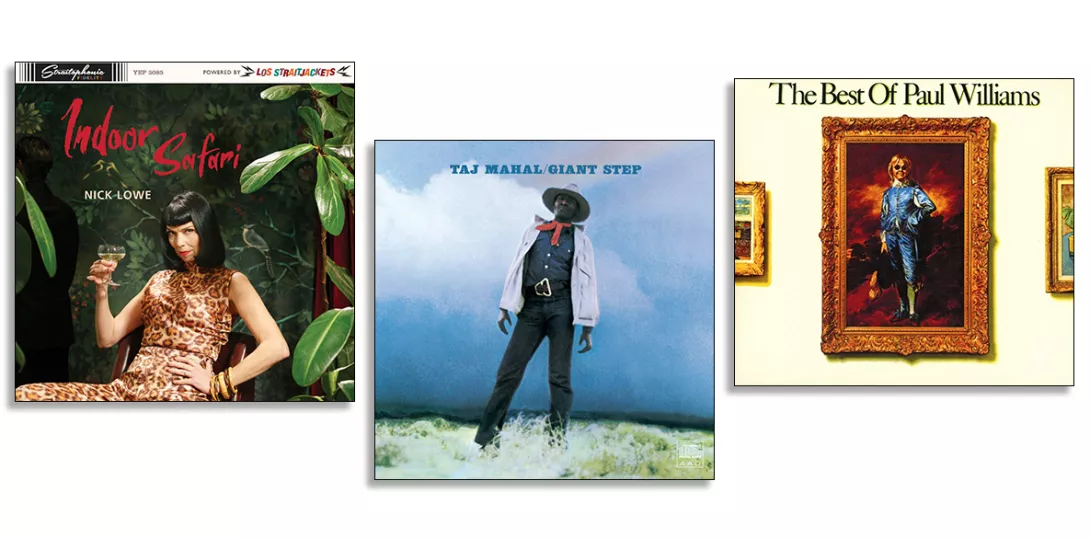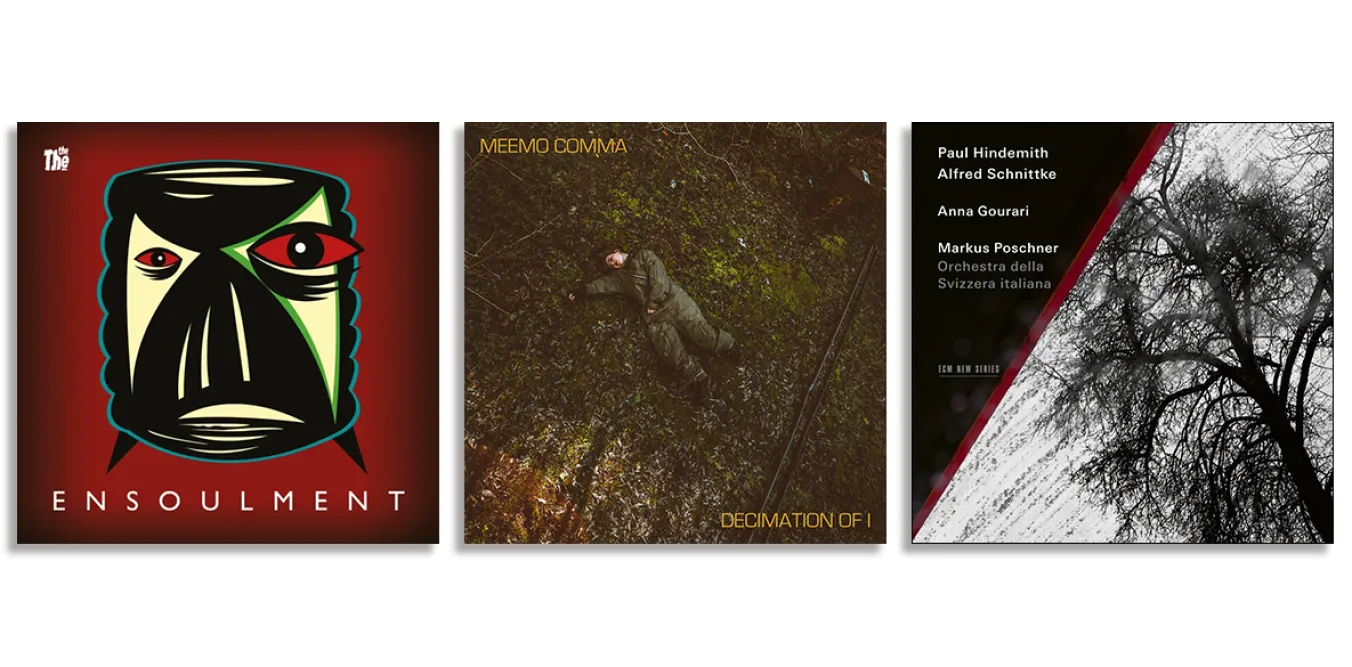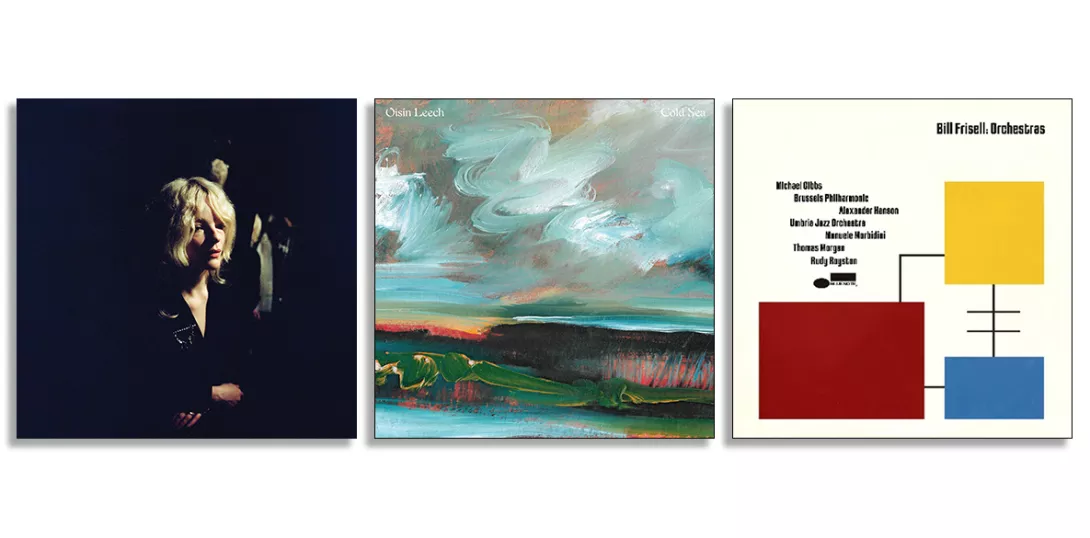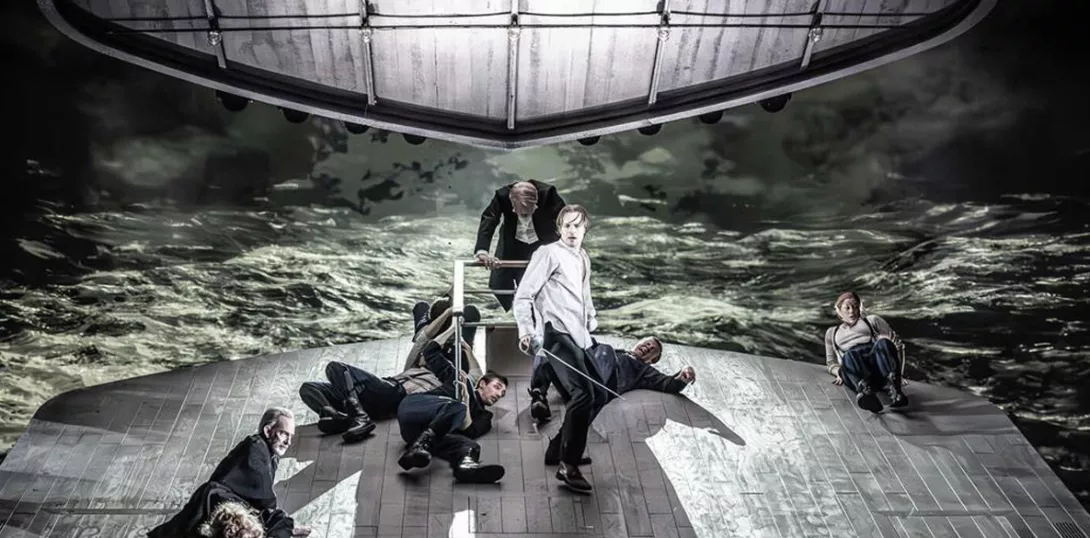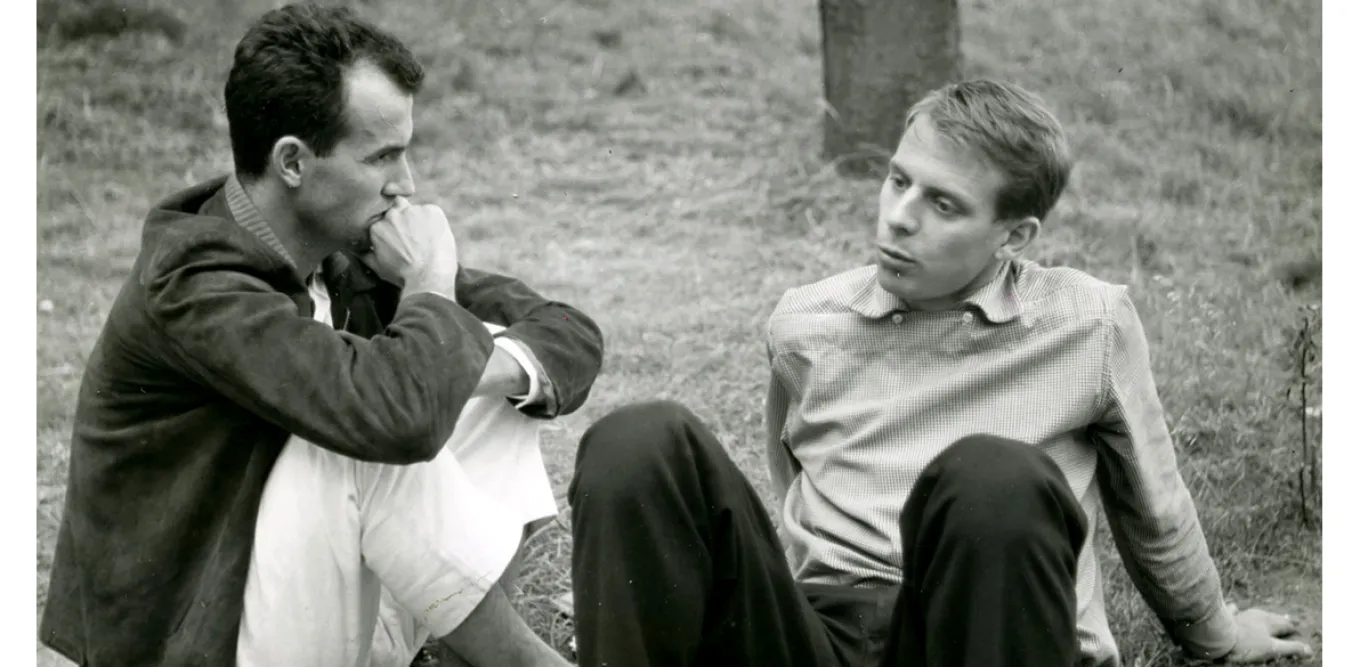
LUIGI NONO is one of the most significant composers of the last century and one of the major voices who epitomises both modernism and Marxism in music.
[[{"fid":"65749","view_mode":"inlineleft","fields":{"format":"inlineleft","field_file_image_alt_text[und][0][value]":"SOCIALIST APPEAL: Maria Krzyszkowska and Witold Gruca, in Luigi Nono's ballet The Red Cloak, 1962 - Pic: Piotr Baracz, scanned from monthly Poland, January 1963, Interpress Publishers, Warsaw, Poland/CC","field_file_image_title_text[und][0][value]":false},"link_text":null,"type":"media","field_deltas":{"1":{"format":"inlineleft","field_file_image_alt_text[und][0][value]":"SOCIALIST APPEAL: Maria Krzyszkowska and Witold Gruca, in Luigi Nono's ballet The Red Cloak, 1962 - Pic: Piotr Baracz, scanned from monthly Poland, January 1963, Interpress Publishers, Warsaw, Poland/CC","field_file_image_title_text[und][0][value]":false}},"attributes":{"alt":"SOCIALIST APPEAL: Maria Krzyszkowska and Witold Gruca, in Luigi Nono's ballet The Red Cloak, 1962 - Pic: Piotr Baracz, scanned from monthly Poland, January 1963, Interpress Publishers, Warsaw, Poland/CC","class":"media-element file-inlineleft","data-delta":"1"}}]]Born January 29 1924, Nono was deeply involved in political struggle. Having been active within the Italian resistance against Mussolini and joining the Communist Party of Italy (PCI) in 1952 (becoming a member of the central committee in 1975), Nono searched to tie his political convictions with his musical aspirations.
He stated in 1969: “There is no doubt that a score has no more chance of causing a revolution than a picture, a poem or a book; but music, just like a picture, poem or book, can testify to the desolate state of society, can contribute, can be the basis for awareness, if its technical attributes maintain the same level as the ideological ones.”
